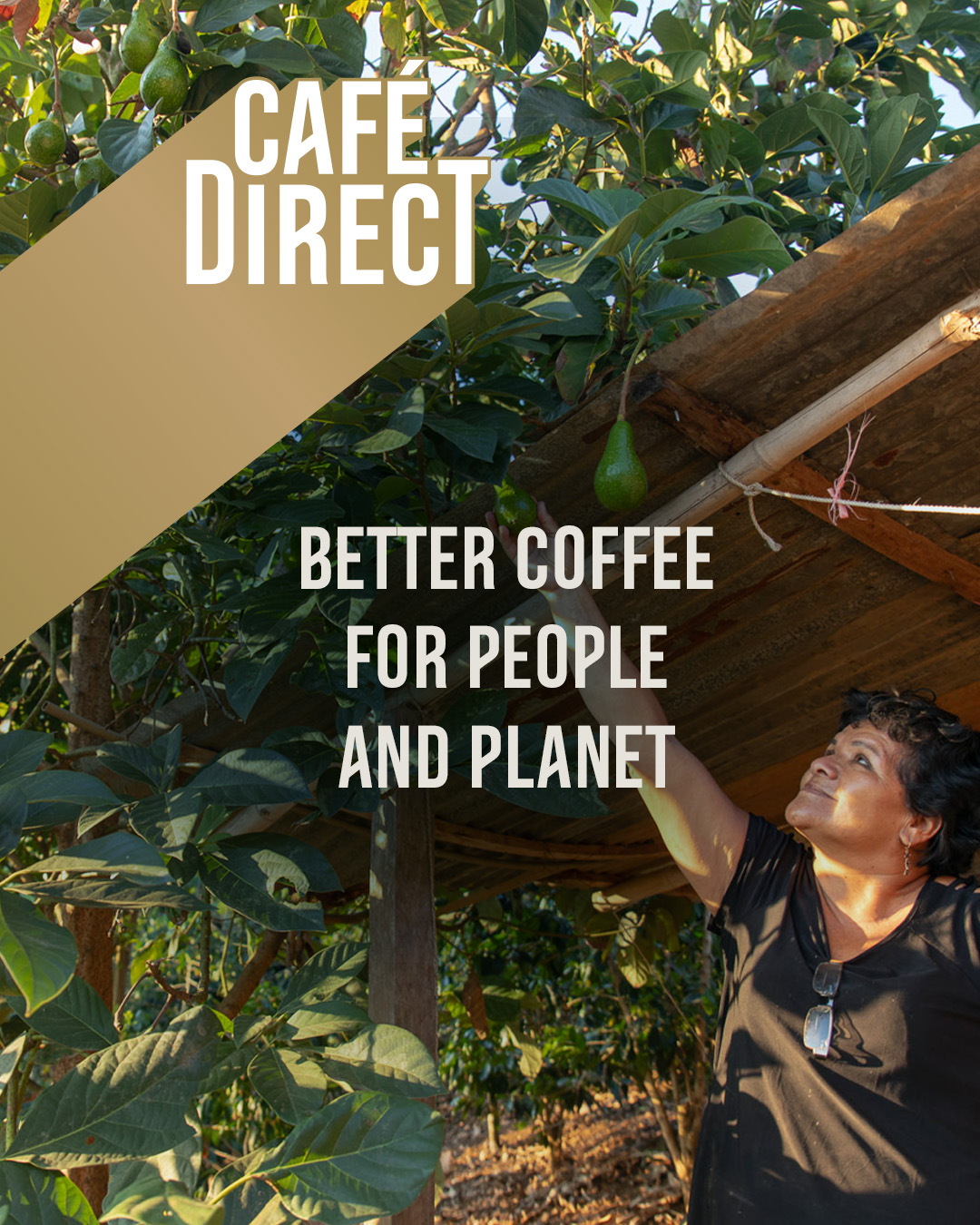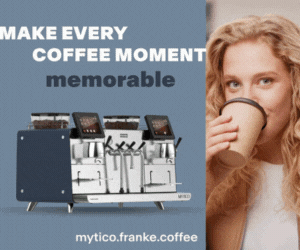Focus: Learning curve

Charlie Brown, Chartwells’ new managing director, tells us how the caterer is helping to safely get kids back into classes...
“It’s more important than ever. We all know that lockdown has had its challenges for many families and that some people slipped into bad habits, plus we know that some will be struggling financially now and in the months to come. School meals level the playing field, setting children up with a nutritious meal to enable and enhance educational attainment.”
Charlie Brown may have only been managing director of Chartwells for less than a year – in retrospect, taking up the job at the beginning of 2020 may not have been the easiest time to bed in – but he has clearly done his homework on what can sometimes appear to an outsider to be a complicated and ever-evolving sector. Chartwells comprises a major part of the market, working with some 2,700 primaries, secondaries, academies and independents, including one partnership that spans over 50 years. It also has 20 contracts with higher education colleges and universities, including Oxford. “During the coronavirus lockdown we worked tirelessly to keep most of our kitchens open to support vulnerable children and those of key workers, serving over 340,000 meals and offering critical support to schools,” he says.
With a background working across the hospitality industry, Brown originally joined Compass over 13 years ago, starting out in the defence and offshore sector. He later moved to government services and 14Forty, before landing the big job at Chartwells, a role that is close to his heart. “Providing children and young people with nutritious and healthy meals is something I’m really passionate about and, being a parent myself, I genuinely want to support families and children in getting access to food and information that will help them get a better start in life.”
So, does he regard that as being part of the job of the school caterer, to have an altruistic outlook too? “It is,” he says. “When you work with children and young people your duty goes way beyond what’s on the plate. We have a moral obligation to set children up with healthy attitudes that support overall wellbeing in the long term.”
He cites the dedicated health and wellbeing programme, Beyond the Chartwells Kitchen, that Chartwells launched in 2018 to help tackle issues like childhood obesity. It included a focus on holiday provision, and the caterer has since reached nearly 4,000 children in school breaks alone and trained around 70 holiday lunch club volunteers.
Another example is its Super Yummy Kitchen YouTube channel, which helps to bring cook-along nutritious recipes into the home. “We’ve got lots of education and information sessions that we run to help children understand the importance of wellbeing and diet,” says Brown. “To help deliver this work we’ve been partnering with several organisations, such as the Dame Kelly Holmes Trust, and together we are working to truly making a difference.”
Speaking of sporting superstars, Brown also expresses admiration for Marcus Rashford, the Manchester United and England centre forward who has been striking fear into politicians recently via his campaigning work. “Anything that supports children and families in getting access to healthier meals is a good thing,” he says. “He’s created a platform to raise awareness of important issues around child poverty. We fully support his campaign and are keen to work with him on the provision of school meals, as this is an area that can make a huge difference to young lives.”
Returning to where our conversation began – pretty much the only topic in town these days – Brown says that in some ways the bigger picture hasn’t actually changed, as Chartwells’ focus remains the same: to provide children and young people with healthy meals in order to support educational attainment. “The last few months has highlighted how important it is to put the children’s needs at the heart of everything. We’ve been reviewing our menus and have a campaign underway to get feedback on all our meals, so that children are served healthy meals they want to eat.”
Another example is the caterer’s focus on allergens, with it having put together an enhanced set of resources to provide an even safer approach. “We know that foodservice looks different now and we wanted to revisit everything to make sure the right people had the information needed to provide meals as safely as possible,” says Brown. “We’ve developed six new learning modules for catering teams and a webinar for school staff, to raise awareness and education.
“The pandemic has also highlighted how important collaboration and communication is and our partnerships have grown as a result. Schools are hubs of communities and their importance and the role of those that work in them has been recognised during this period. For example, in our West Sussex contract, we kept providing children with meals and also supported several local charities with food donations.”
Brown maintains that Chartwells’ business is also more agile than ever and that when schools closed it was able to react within 48 hours. “This is possible due to our size, scale and expertise,” he explains, “meaning we were providing meals in some format to children across the country in that timescale. We enhanced and adapted our offer as the crisis went on. Most recently, we have looked at what our food provision will be for those children when local or school lockdowns occur. It’s really important that children do not go hungry during these challenging times.”
It has managed to do this via a system whereby children have gone back to a different lunchtime, as there hasn’t been a one-size-fits all approach, the individual offer depending on the number of pupils and space available. This has meant that the caterer has spent the last few months working with schools on how it can encourage children to eat and enjoy mealtimes while also staying in bubbles, employing social distancing, practicing good hygiene and so on. “In some cases, we’re still serving meals in dining halls, but introducing longer lunch breaks and cleaning in between each bubble’s session, and in other cases we’re taking meals to classrooms,” explains Brown. “We have had to adapt our menus to make meals portable. We’ve introduced different ways to make this happen, like recyclable cardboard boxes and sustainable bento boxes.”
More generally, Chartwells has been introducing collateral to encourage engagement and social distancing, including welcome back posters, nutritional information and stickers to help children to keep their distance. For primary schools, these have been designed with little ones in mind and using Chartwells’ Food Super Hero characters in order to help put the children at ease in their own particular new normal. “We’ve been able to implement these practices and procedures at lower numbers, with most of our kitchens remaining open during lockdown and then supporting as schools returned gradually for some year groups,” says Brown. “It’s put us in a good position for the autumn term.”
Looking further into the future, Brown believes that coronavirus will continue to have a big influence, but that caterers need to carry on being flexible, looking at the positives and, of course, putting what’s best for the children first. “Covid has brought people and organisations closer together and we’ve invested in sharing best practice and ideas that benefit everyone,” he says. “We’ve been talking with the relevant government departments throughout, but also with others in the market and the children and parents we serve. Testament to this work has been extended relationships with clients and some new partnerships – during the summer, over 100 new schools started working with Chartwells.
“I think the importance and prevalence of school meals will continue to grow. One major learning from Covid has been that the health of the nation is critical, and food and nutrition is a huge part of this. My view is that this process has to start with getting children into good eating habits and educating them on wellbeing.”











